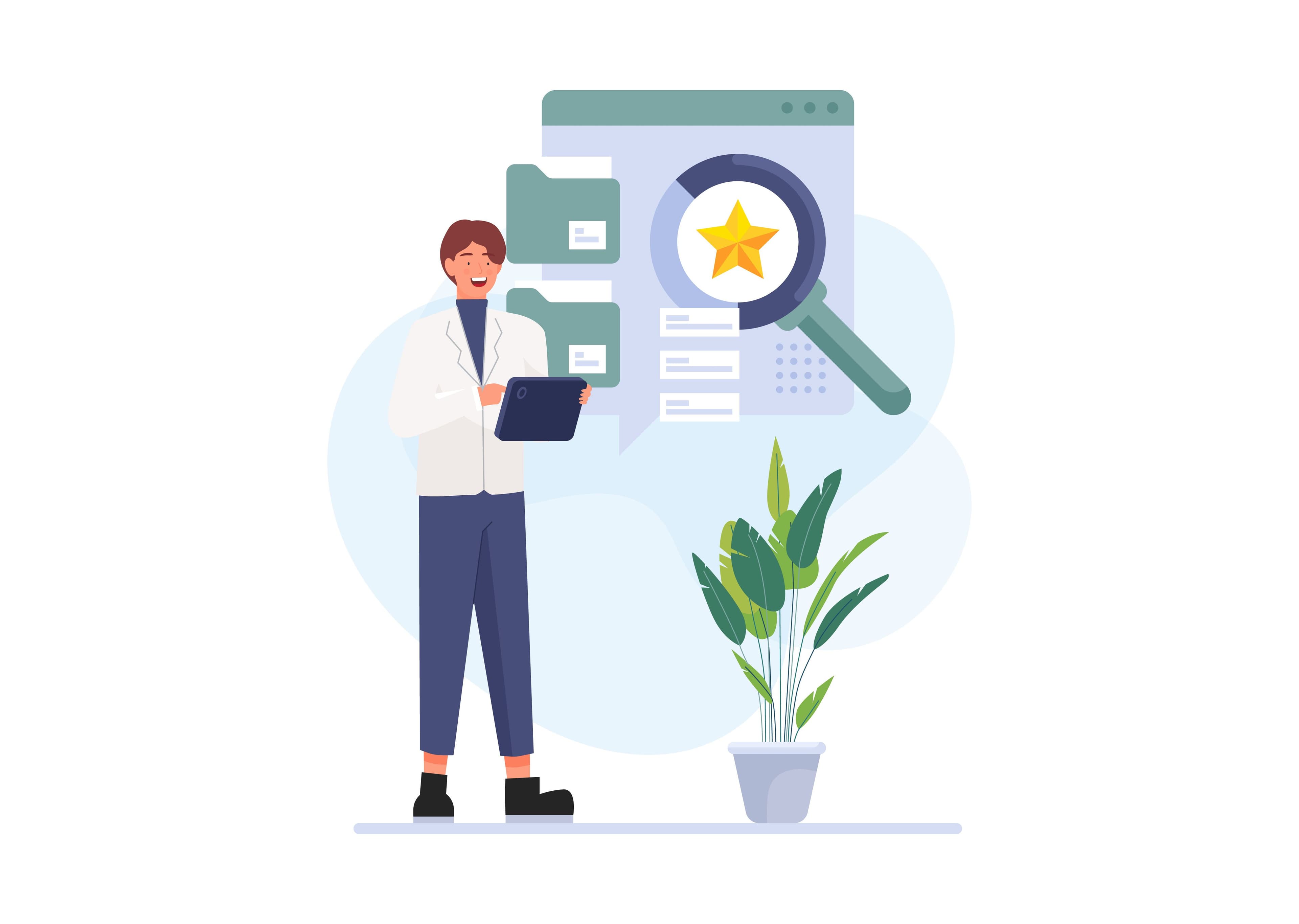To provide you with a more personalized experience, this website may place cookies on your computer. By accepting cookies you agree to this use of your data under Quantician’s Privacy Policy.
Digital Quality Measures

Digital Quality Measures
CMS is moving toward the goal of a Learning Health System (LHS) which will measure care quality using standardized, interoperable data from multiple sources and create a digital environment with rapid access to data on a global level. This plan for quality measurement is designed to produce more reliable measurements by enabling a system where care quality data collection is standardized and automated. It is designed to provide rapid cycle feedback from multiple electronic sources and support high quality of care and continuous quality improvement. CMS plans to implement this system in 2025.
Digital Quality Measures (dQMs) play an important role in the next step toward a LHS. DQMs are quality measures that use various sources of health information that can be captured and transmitted electronically. In order for this to be possible the data must be standardized, put into a common format so all systems can use the data. This is what enables the data to flow between entities, potentially reducing the collection and reporting burden for individual providers. It also allows for advanced data analytics and research to be performed by multiple sources, increasing outcome validity and providing patient specific insights at the point of care. According to CMS, Using Fast Healthcare Interoperability Resources (FHIR) APIs, access to data across multiple, global platforms, programs and payers will be readily available. Sources for this data will include: These include: Administrative Systems, Electronically Submitted Clinical Assessment Data, Case Management Systems, EHRs, Medical Devices and Wearable Devices, Patient Portals, Collection of Patient Generated Data, HIEs, Registries, and other sources. This data will be used to optimize patient outcomes, patient experience, patient safety.
On the technical side, dQMs are able to perform real time calculations based on data collected in the normal course of care, removing the need for additional processes. Standardization will improve data accuracy and promote system wide adoption. Since there will be no interpretation needed, the calculation of measures will produce consistent results. Another benefit of standardization is that additional resources will be plug and play making it more convenient for programmers and providers to make sure they have access to the data they need in a timely and efficient manner.
Just a side note, Electronic Clinical Quality Measures (eCQMs) are a subset of dQMs. ECQMs are data generated from an EHR. Just one source of the data that will be used in the dQMs.

